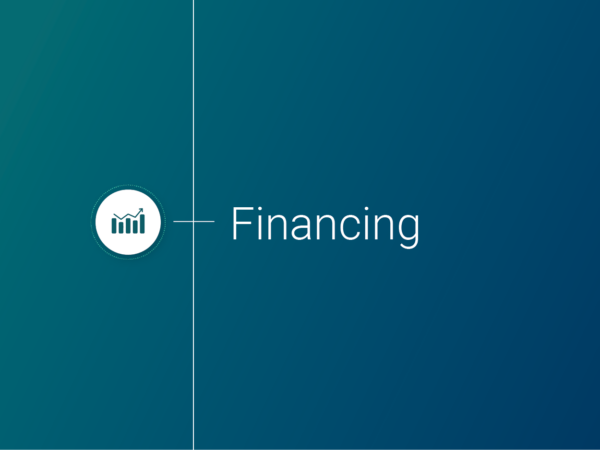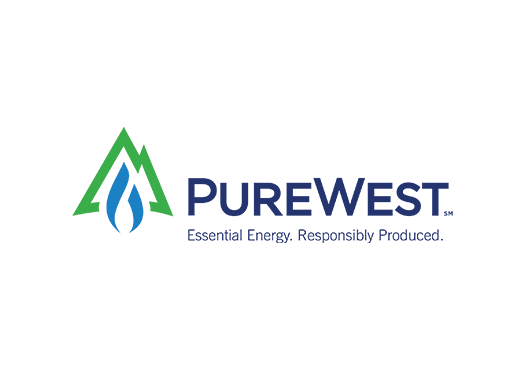
Thousands apply to our grad program Marc El Khoury recently completed his first six-month rotation in Gunvor’s Global Graduates Program: “It’s been a steep learning curve, but everyone has been super-supportive and there’s a great bunch of grads working hard to make their mark. Wherever I look, I’m amazed at our focus on efficiency and […]
Read More


